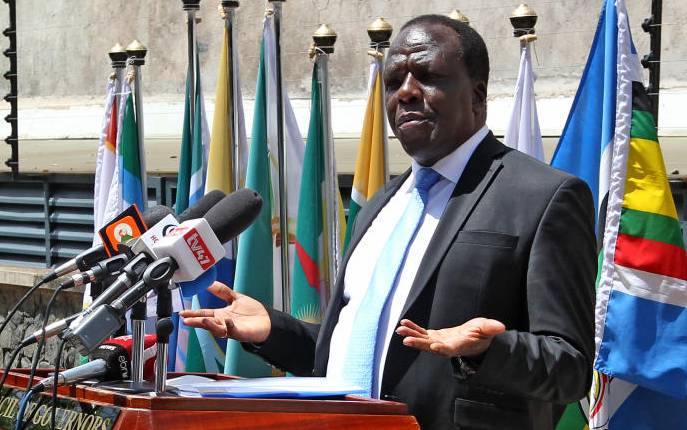×
The Standard e-Paper
Kenya’s Boldest Voice

Chairman Council of Governors Wycliffe Oparanya during a past weekly briefing in Nairobi. [Jonah Onyango, Standard]
Kirinyaga Governor Anne Waiguru can now rest easy after a Senate committee on Friday cleared her of wrongdoing therefore quashing impeachment by the county assembly.